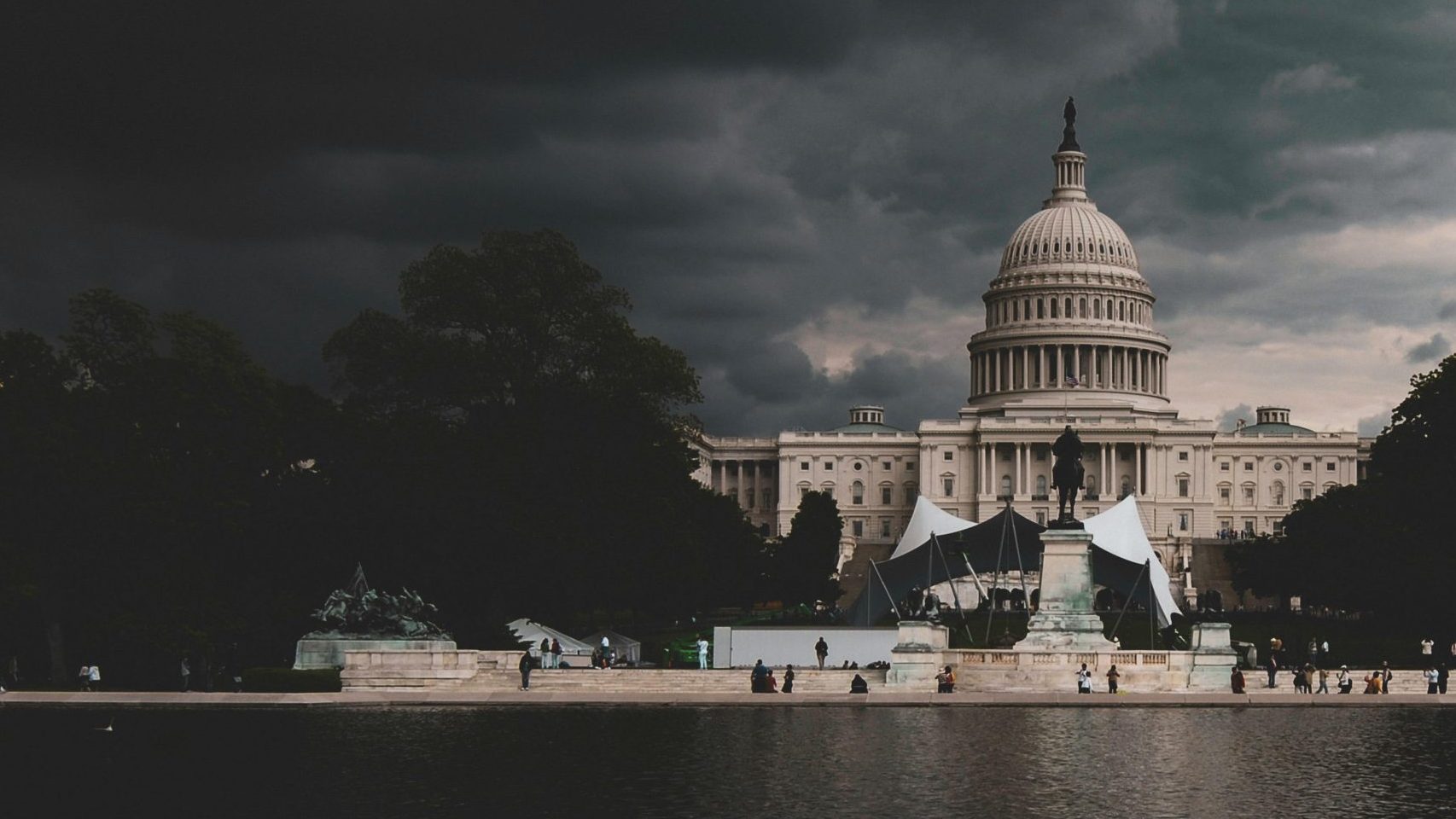The Baptist story is integral to the history of the United States. Thomas Jefferson’s Letter to a committee of the Danbury Baptist Association is well known for the clause “a wall of separation between Church & State.”[1] Who were the Danbury Baptists? Who were the committee members? Why would an American President send a letter to a Baptist association?
Henry Burrage concludes his discussion of early Baptist associations in New England with the Danbury Association, being founded in 1790 by churches west of the Connecticut River other than Ridgefield, Stamford, and Greenwich.[2] He states they provided ministerial support for young and poor churches.[3] Burrage quotes their support for church planting and struggling churches:
“…we consider it important that the destitute churches of this Association and others should enjoy the ministry of the word and ordinances of the gospel; also that servants of Christ receive a temporal support while fulfilling their duty…”[4]
The Danbury Association, now remembered for this letter, was formed for the mission of expanding God’s Kingdom and equipping the member churches.
The Danbury Association, now remembered for this letter, was formed for the mission of expanding God’s Kingdom and equipping the member churches.
The Danbury Association commissioned four elders and two deacons, to “prepare an address to the President of the United States, in behalf of this association.”[5] The letter states in part:
“Our Sentiments are uniformly on the side of Religious Liberty–That Religion is at all times and places a Matter between God and Individuals–That no man ought to suffer in Name, person or effects on account of his religious Opinions –That the legitimate Power of civil Government extends no further than to punish the man who works ill to his neighbor.”[6]
They conclude their letter praying for his strength in his work, his security from harm, and salvation of his soul. “And may the Lord preserve you safe from every evil and bring you at last to his Heavenly Kingdom through Jesus Christ our Glorious Mediator.”[7] This conclusion acknowledges the common grace of good governance and Jefferson’s deism.
One notable member of the committee was Stephen S. Nelson. A history of the first church he served said, “The accurate scholarship, courteous manners, and consistent piety of Mr. Nelson, served greatly to aid in the establishment and increase of the Baptist church in the city.”[8] William Cathcart included an entry on Nelson in his Baptist Encyclopedia. Regarding Nelson’s retirement from local church ministry Cathcart wrote, “… he preached whenever opportunity presented in neighboring villages. His closing days were days of peace and religious enjoyment.”[9]
Who then were Danbury Baptists? They were an association of churches committed to cooperation in the Gospel mission. They advocated for fair treatment by the state. They recognized that means of presenting the Gospel should also match the content of the good news to their neighbors. They loved God and country, but did not confuse the two.
[1] “Jefferson’s Letter to the Danbury Baptists: The Final Letter, as Sent,” January 1, 1802. https://www.loc.gov/loc/lcib/9806/danpre.html.
[2] Henry Burrage, A History of the Baptists in New England (Philadelphia: American Baptist Publication Society, 1894), 103.
[3] Burrage, History of the Baptists, 134-5.
[4] Burrage, History of the Baptists, 143.
[5] Minutes of the Danbury Baptist Association, Holden at Colebrook, (N.P.: J. Babcock’s Press, 1801), entry 15, page 5. http://thebaptistchurchofdanbury.worthyofpraise.org/wp-content/uploads/2022/11/Colebrook-Notes.pdf.
[6] Nehemiah Dodge, Ephriam Robbins, and Stephen S. Nelson, letter to Thomas Jefferson, October 7, 1801, quoted in Daniel L. Dreisbach, “`Sowing useful truths and principles’: The Danbury Baptists, Thomas Jefferson, and the ‘Wall of Separation,’” A Journal of Church and State 39,no. 3 (Summer 1997): Section I, subsection A. DOI:10.1093/jcs/39.3.455. Academic Search Premier.
[7] Ibid.
[8] First Baptist Church, Hartford, Cn. Centennial Memorial of First Baptist Church of Hartford, Connecticut (Hartford: Press of Christian Secretary, 1890), 184.
[9] William Cathcart, “Nelson, Rev. Stephen S.,” in The Baptist Encyclopaedia (Philadelphia: Louis H. Everts, 1881), 834.

